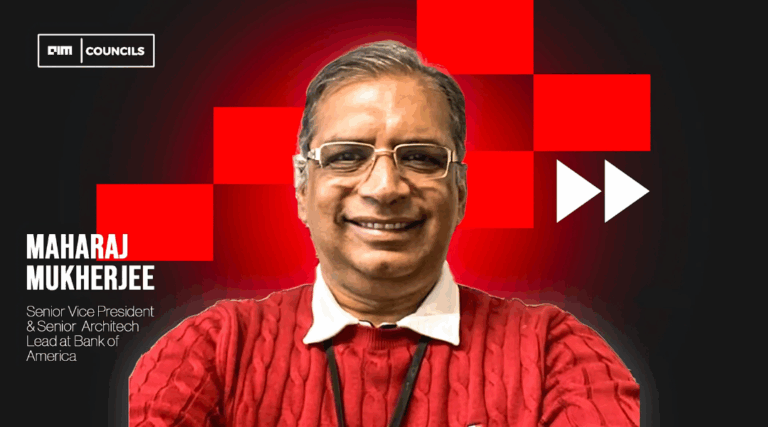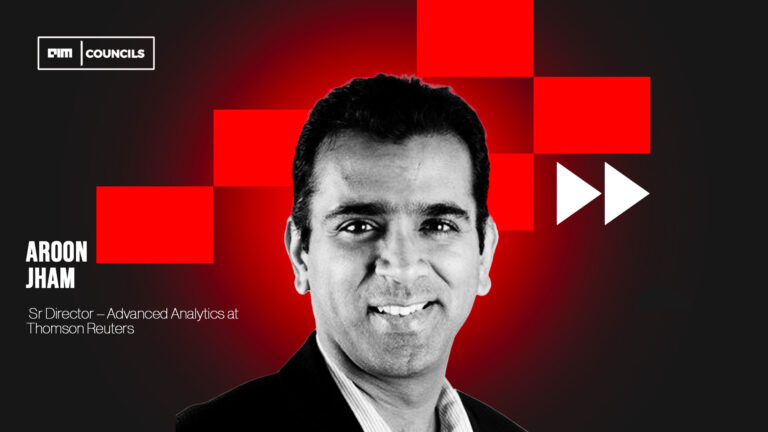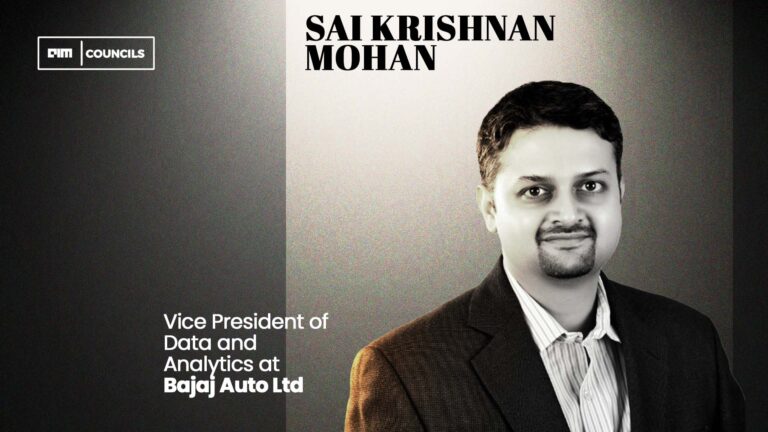The marketing and advertising landscape is undergoing a seismic transformation, fueled by advancements in AI and data science. For budding data scientists and AI enthusiasts, this industry is a goldmine of opportunities—a playground where technical prowess meets creative ingenuity to shape the future of consumer engagement. With over 60% of marketers prioritizing AI investments, the demand for innovative thinkers in this space has never been higher. From predictive analytics and personalization at scale to performance measurement and yield optimization, marketing offers a diverse array of challenges and rewards for those ready to embrace the power of data.
The Specialist vs. Generalist Debate
One of the first decisions for anyone starting in AI and data science is whether to be a specialist or a generalist. Specialists delve deep into specific areas, often becoming subject-matter experts whose skills are in high demand. In contrast, generalists enjoy a wider breadth of opportunities but face fierce competition from mid-career professionals with established expertise and entry-level peers armed with boot camp certificates. The marketing and advertising domain provides room for both paths, offering opportunities to explore various niches while gradually honing expertise.
Unlocking the Power of Audience Segmentation
Audience segmentation has evolved far beyond simple demographics to include sophisticated, AI-driven insights into consumer behavior. Take Coca-Cola’s famous “Share a Coke” campaign, which replaced its iconic logo with popular names, targeting millennials’ desire for personalization. By combining market research with AI, Coca-Cola forged emotional connections that drove sales and amplified social media buzz. For data scientists, this kind of campaign demonstrates how machine learning can enhance segmentation strategies, enabling marketers to craft messages that resonate deeply with specific consumer groups.
The Art and Science of Performance Measurement
Performance measurement is the backbone of marketing success. Advanced techniques such as media mix models, multi-touch attribution, and causal inference are reshaping how marketers assess their campaigns’ effectiveness. Firms like TrinityP3 have demonstrated the transformative power of data-driven insights. In one case, TrinityP3 helped a financial services advertiser uncover the misalignment between rising marketing costs and declining customer acquisition. These findings empowered the company to refine its strategies for greater impact—a prime example of how data science can optimize marketing ROI.
Product Analytics: Driving Innovation
On the publisher side, product analytics has become indispensable. Data scientists play a pivotal role in designing new ad products, optimizing existing offerings, and identifying growth opportunities through A/B testing, outlier detection, and regression techniques. LG CNS Haruzogak, for instance, shifted its focus from user acquisition to activation, optimizing for faster “aha” moments. The result? An 11% increase in user activation rates, proving that well-executed product analytics can enhance both user experience and profitability.
Yield Optimization: Maximizing Ad Inventory
Yield optimization blends data science with business acumen, focusing on maximizing revenue from available ad inventory. This intricate balance ensures advertisers achieve their goals while publishers maximize earnings. Performance measurement and yield optimization often go hand in hand, requiring sophisticated algorithms to price media effectively. This domain offers a lucrative path for AI enthusiasts eager to tackle challenges that directly impact bottom lines.
The Rise of Data Collaborations
Data privacy concerns have led to the emergence of secure data collaboration environments, such as clean rooms. These platforms allow advertisers and publishers to analyze campaign performance while respecting privacy regulations. Channel 4’s partnership with Nectar360 exemplifies this trend. By leveraging shopping data, they delivered hyper-targeted ads on Channel 4’s streaming platform, resulting in a 29% average sales uplift. For aspiring data scientists, mastering the tools and frameworks that enable such collaborations opens doors to transformative projects.
Analytics Products: The Next Frontier
Analytics products are reshaping how advertisers evaluate their campaigns. Beyond operational tools, these products integrate advanced analytics capabilities to measure tangible benefits like return on ad spend. InfoSum’s data clean room technology showcases this evolution. In a collaboration involving Cristal and major media players in Belgium, InfoSum’s platform facilitated multi-channel data analysis, boosting incremental reach by 2.5x and brand recognition by 30%. These innovations highlight the growing demand for data scientists who can bridge technical expertise with strategic insights.
Emerging Roles in AI-Driven Marketing
As the industry embraces AI, new roles are emerging at the intersection of data science and marketing. AI Marketing Strategists design and implement AI-powered campaigns, combining technical expertise with creative vision. Marketing Data Analysts dive deep into consumer behavior, optimizing ad spend across channels. Machine Learning Engineers build predictive models for real-time campaign optimization. Each of these roles demands a blend of hard skills, such as Python programming and deep learning, with soft skills like data storytelling and collaboration.
Real-World Applications and Future Trends
The real-world impact of AI in marketing is undeniable. Mastercard‘s AI-powered Digital Engine identifies micro-trends, driving a 37% increase in click-through rates and a 29% reduction in cost per engagement. Looking ahead, the integration of AI with AR/VR, the rise of AI-generated influencers, and automated campaign management systems promise to further revolutionize the field.
Charting Your Career Path
The marketing and advertising industry offers a wealth of opportunities for data scientists and AI enthusiasts, but the key to success lies in focus. While it’s tempting to explore every avenue, honing expertise in one or two areas can set you apart. Early-career roles provide the flexibility to experiment, but specialization becomes increasingly valuable as you advance. By balancing technical proficiency with domain-specific knowledge, you can unlock leadership opportunities that span multiple disciplines, cementing your place in the AI-driven marketing revolution.
The future of marketing is here, and it’s powered by data and AI. For those ready to innovate and push boundaries, the possibilities are limitless.













